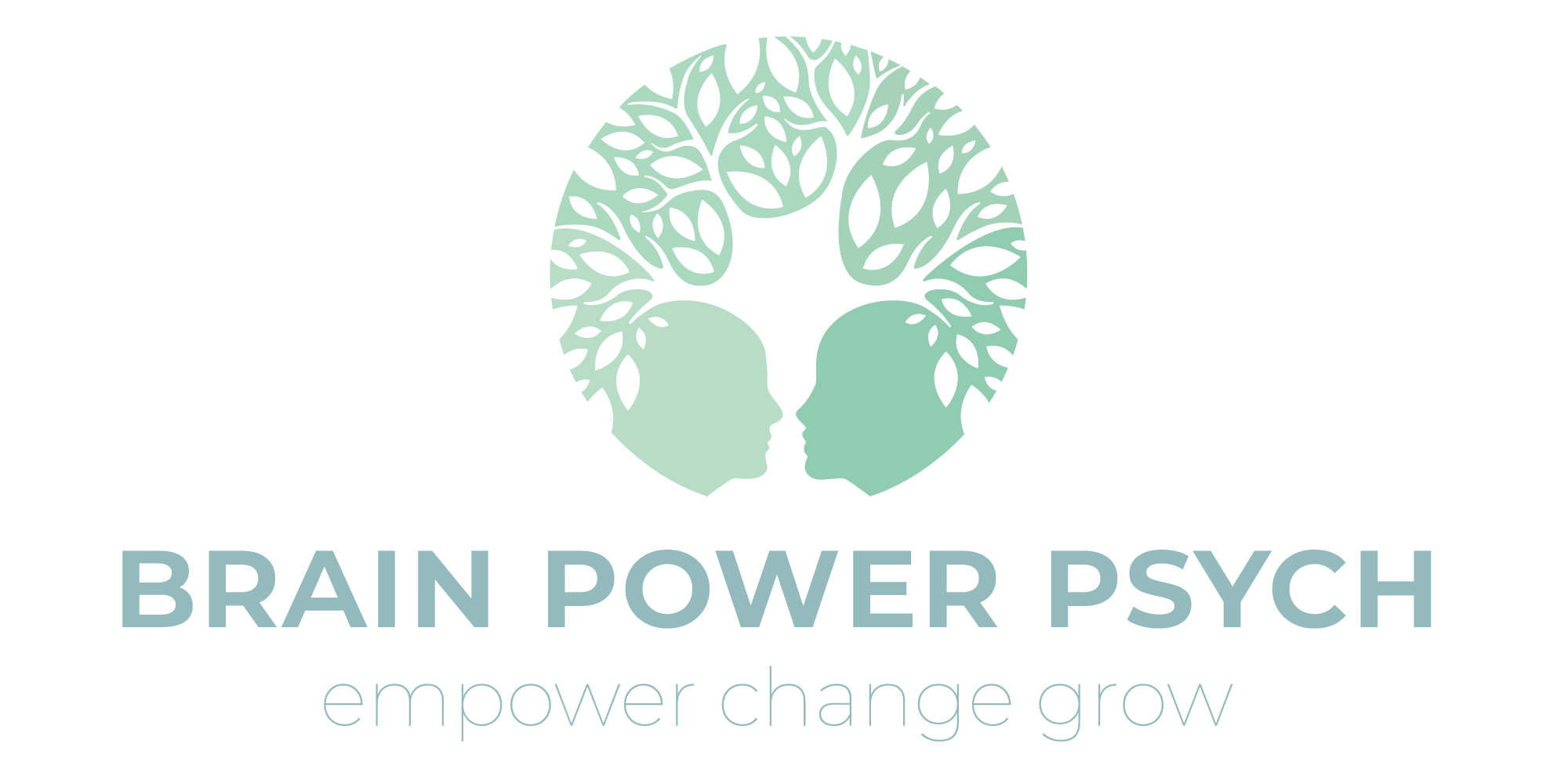“In any given moment, we have two options: To step forward into growth or to step back into safety.”
-Abraham Maslow
Clinical Experience & Treatment Approach
Dr. Sourena has worked in various clinical settings throughout her professional career. A first few placements were rooted in community mental health, where she provided therapy for children, adults, and families.
Additionally, she completed her formal Postdoctoral Fellowship at USC Disability Office and the Kortschak Center for Learning and Creativity. During her two-year fellowship, she conducted psychoeducational assessments to help clients get additional support and resources around the campus.
Dr. Sourena believes in a collaborative, creative and respectful style to therapy for clients. Her approach is tailored to each individual by exploring how outside interactions with the world around us shape how we understand our own feelings, thoughts, and behaviors. Therefore, she utilized elements of psychodynamic, cognitive behavioral therapy, family systems, attachment theory, relational, humanistic, and narrative theory techniques when working with clients. By incorporating these various principles, she is able to assist you in not only understanding your sense of self, but fostering the change that you are seeking.
Her area of specialty lies in working with adolescents, adults and couples from various backgrounds. She has primarily worked with clients from all walks of life. Mostly, she has worked with individuals who had relationship related issues, academic stress, adjustments to major life events, stress, trauma, depression, and anxiety. She provide therapy in both English and Farsi.


Clinical Emphasis
- Common areas of issues that we frequently work with include:
- Anxiety
- Couples and Other Relationships Matters
- Depression
- Family difficulties
- Learning Challenges
- Life Transitions
- Low self esteem
- Loss and Grief
- Navigating Cultural Difficulties
- Neurodivergent Challenges
- Stress
- Trauma and PTSD
Assessments and Testing:
- Psychological Assessments and Testing can be useful for diagnostic clarification of emotional difficulties to better inform treatment options. This process can also be used to monitor treatment outcome or help a treatment provider gain insight into root causes of a person’s emotional or behavioral problems. It comprises a series of standardized tests and assessment tools designed to measure different aspects of an individual’s psychological functioning. These tests help psychologists gain insights into a person’s emotional well-being, personality traits, cognitive abilities, and interpersonal dynamics.
- Neuropsychological Assessments and Testing can be helpful to identify the intensity and severity of any cognitive problems associated certain health conditions. It focuses on the relationship between the brain and behavior by evaluating cognitive functions like memory, attention, language, and problem-solving abilities. These tests are designed to assess specific brain functions and identify the potential presence of neurological disorders or brain injuries.
- Psychoeducational Assessments and Testing can be useful for diagnostic clarification for learning disabilities, developmental disability, and identify any other social, emotional, behavioral, or psychological problems.
Fees and Payment
Our fees vary based on type of service provided. Please free to contact us directly to discuss rates and how we may be able to accommodate your financial needs. Payment is due at the time of service. We accept cash, checks or debit/credit cards as method of payment.
Insurance:
If you have a PPO insurance policy, we are more than happy to provide you with a superbill, which is a receipt of services completed. You can submit the superbill to your insurance company for some form of payment of your sessions. Please note that we are considered an “out of network” provider.
It best for you to call your insurance company prior in order to verify out of network coverage by asking the following questions:
-
- Does my insurance plan include out of network, outpatient mental health coverage?
- Is there a limit to the number of sessions per calendar year?
- Do I have a deductible, and has it been met yet?
- What percentage do you plan for out of network mental health benefits and up to what is allowed amount?
